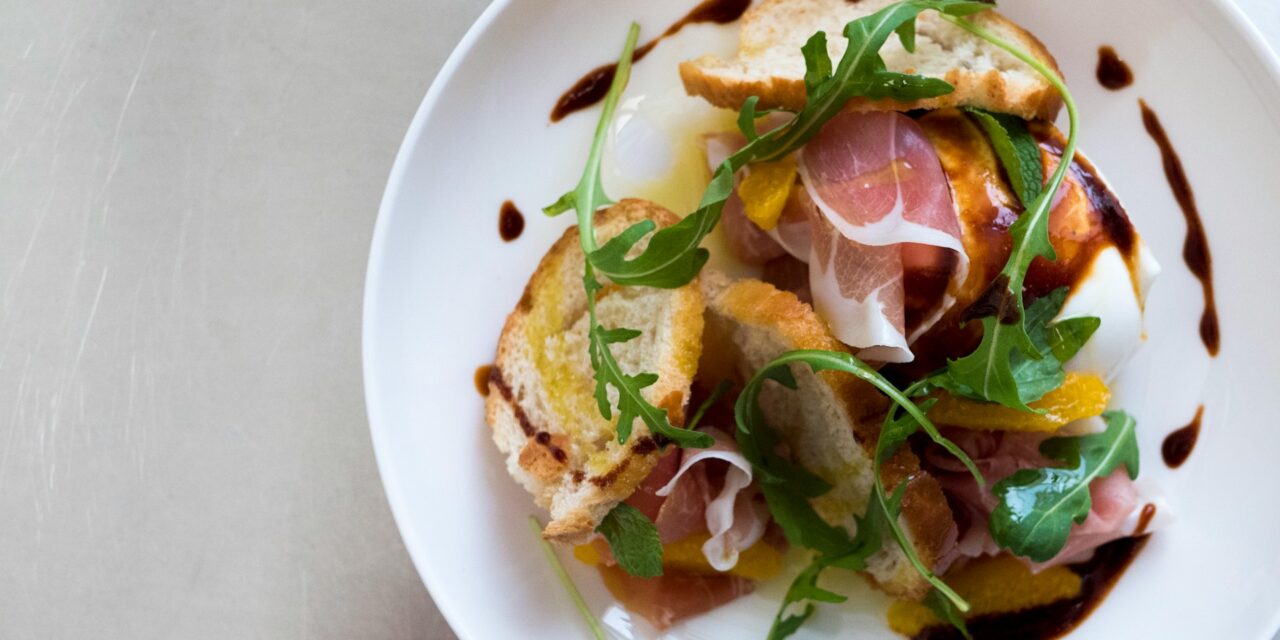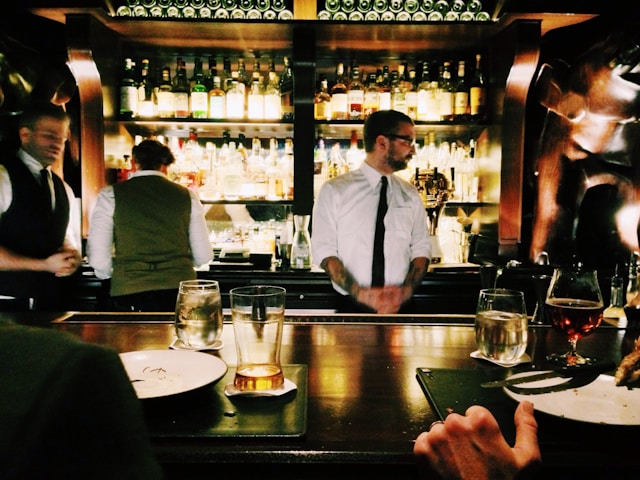
Exploring the role of food critics in the culinary industry

Food critics have long been influential figures in the culinary world, bridging the gap between chefs and the dining public. Their reviews can elevate a restaurant to stardom or drive it to rethink its offerings. But beyond the star ratings and glowing praise (or scathing critiques), the role of food critics is deeply intertwined with the evolution of culinary artistry and dining culture. In this article, we delve into the multifaceted role of food critics, exploring their impact on chefs, restaurants, and the broader culinary industry.
A brief history of food criticism
Food criticism dates back centuries, with roots in the French gastronomic tradition. Figures like Jean Anthelme Brillat-Savarin and Grimod de la Reynière were among the earliest food writers, shaping how we think about and critique food. Their work laid the foundation for modern food criticism, which has expanded beyond print to digital platforms and social media. Today, food critics are not just traditional journalists but also bloggers, influencers, and social media personalities who wield significant power over public opinion. Platforms like Instagram and YouTube have democratized food criticism, enabling anyone with a discerning palate and a flair for writing to influence dining trends.
The critic as a storyteller
A great food critic does more than just evaluate a meal—they tell a story. Through evocative language and vivid descriptions, critics transport readers to the heart of the dining experience, offering insight into a chef’s vision and the atmosphere of a restaurant. This storytelling not only informs readers but also inspires them to explore new cuisines and dining experiences. For chefs, this storytelling serves as both a mirror and a motivator. Reviews often highlight elements of a dish or dining experience that chefs may overlook in the hustle of service, offering valuable perspectives that can inspire growth and refinement.
Balancing power and responsibility
The influence of food critics comes with great responsibility. A positive review can bring a flood of diners, while a negative critique can significantly impact a restaurant’s reputation and revenue. Established critics, such as those writing for renowned publications, carry a weight that can define a restaurant’s success or failure. Critics must balance their personal preferences with objectivity, evaluating food based on its execution, creativity, and alignment with the chef’s intent. This requires a deep understanding of culinary techniques, ingredients, and cultural contexts, which many critics hone through formal training or extensive experience in the food industry. Aspiring critics might benefit from studying at institutions like a french pastry school, where they can learn about the precision, artistry, and innovation that define exceptional cuisine. This foundation allows critics to assess dishes with a nuanced appreciation for the craft behind them.
Encouraging culinary innovation
Food critics play a vital role in pushing the boundaries of culinary creativity. By highlighting innovative techniques, unique flavour combinations, or daring concepts, critics encourage chefs to experiment and take risks. This dynamic often leads to the emergence of new trends and styles in the culinary world, from molecular gastronomy to plant-based fine dining. At the same time, critiques that call out overcomplicated or gimmicky dishes can help recalibrate chefs’ focus on delivering authentic and meaningful dining experiences.
Advocating for sustainability and inclusivity
In recent years, many food critics have used their platforms to advocate for sustainability and inclusivity in the culinary industry. Reviews now often consider factors such as a restaurant’s sourcing practices, environmental impact, and efforts to create diverse and welcoming spaces. This shift reflects broader societal values and pressures chefs and restaurateurs to think beyond the plate. Critics who champion these causes help align the culinary industry with ethical and environmental standards, ensuring it evolves responsibly.
The impact of digital food critics
The rise of digital media has transformed the role of food critics. While traditional critics were gatekeepers of culinary opinion, today’s food bloggers, Instagram influencers, and YouTube reviewers have democratized food criticism. Their accessible and immediate reviews reach vast audiences, often appealing to younger diners. However, this democratization comes with challenges. Unlike professional critics who adhere to journalistic ethics, some digital influencers may lack objectivity, prioritizing sponsorships over genuine critique. For chefs, navigating this new landscape requires balancing the potential benefits of social media exposure with the risks of biased or uninformed reviews.
How chefs can engage with critics
For chefs, understanding and engaging with food critics can be a valuable part of their growth. By viewing critiques as opportunities for improvement rather than personal attacks, chefs can refine their skills and strengthen their brand. Open communication with critics, whether through interviews or behind-the-scenes tours, can also foster mutual respect and understanding. Chefs can further elevate their craft by pursuing advanced training, such as programs at a French pastry school. This not only enhances their technical expertise but also equips them to present their creations with confidence, knowing they stand up to the highest standards of scrutiny.
Looking to the future
As the culinary industry continues to evolve, so too will the role of food critics. Future critics may focus even more on issues like sustainability, cultural authenticity, and the use of emerging technologies in cooking. Additionally, the rise of artificial intelligence and data analytics could revolutionize how critics evaluate food, offering new tools for assessing flavour profiles, presentation, and even sustainability metrics. Critics who adapt to these changes will remain relevant, continuing to shape the culinary world in meaningful ways.
Conclusion
Food critics are more than just arbiters of taste—they are storytellers, advocates, and catalysts for change. Their influence extends beyond the pages of reviews, shaping the culinary industry’s direction and inspiring chefs to reach new heights. Whether they operate in traditional print media or the digital realm, critics play an essential role in fostering creativity, accountability, and innovation in the world of food. For chefs and aspiring professionals, embracing the insights and challenges offered by critics can lead to growth, recognition, and a deeper connection with their craft. The interplay between critic and creator ensures the culinary industry remains vibrant, dynamic, and ever-evolving.
Feature Photo by Margherita Turrin on Unsplash




































